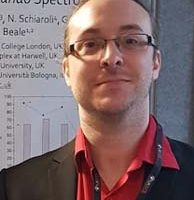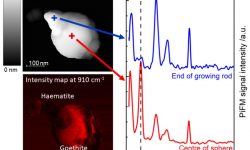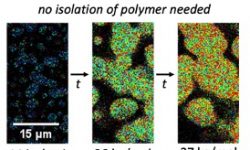Alternative, flexible access route for industry-linked beamtime at ISIS
The ISIS Collaborative Research and Development program (ICRD) provides a low risk, flexible access route for academia-industry applications for ISIS beamtime. Rather than submitting an ISIS proposal into the standard…
Photo induced Force Microscopy (PiFM)
Insights into Polymerization through Chemical Imaging
PiFM – Deciphering the nano-world
PiFM shows itself as a powerful technique to provide visual and spectroscopical data of materials in nano-scale: from silica nano-spheres to the complex biomineralization of clams. The talk aims to…
Acceleration of End-of-Life Plastic Chemical Recycling by Catalysis
Green Catalysis Examples and Insights from the Caribbean
Research Associate In Computational Chemistry at University of Manchester
An EPSRC-funded Postdoctoral Research Associate position with Prof Nikolas Kaltsoyannis is available for 36 months from 1/2/24, and will involve the computational quantum chemical study of bimetallic homogeneous catalysts for…
Overseas Lindemann Fellowships
Lindemann Fellowships, each worth $130,000, are designed as an early post-doctoral opportunity, and are awarded to graduates of exceptional promise in both the pure and applied physical sciences, who have…










